Let’s get straight to the point: Yes, sadly, corruption exists in Kenya, and it’s everywhere. According to Transparency International, Kenya ranks 126th out of 180 countries on the corruption index. This is a reality we’ve learned first-hand, and it’s disheartening. Corruption isn’t just a problem for people living here; it also affects tourism and foreign investment, which are crucial for the country’s economy. In this article, we’ll share some of our personal experiences and offer advice on navigating these challenges.
Nairobi Airport – Not Exactly a Corruption-Free Zone
Despite the “Corruption-Free Zone” signs at Jomo Kenyatta International Airport (JKIA), we’ve encountered bribery every time we’ve landed there. On one occasion, multiple officers offered us a “fast track” out of the airport without any searches—for a fee, of course. While we declined, we witnessed others taking up the offer and being swiftly escorted to the immigration desk and out of the airport.
The last time we arrived at JKIA, before receiving our residency, things got even more frustrating. Despite holding a valid e-visa for 90 days, the immigration officer insisted on issuing a one-month visa. When we politely requested the full 90 days to avoid the hassle of visiting Nyayo House (which handles several government services, including immigration), he bluntly asked for money. When we explained that we already had a valid 90-day visa, he threatened to deny us entry unless we paid him $100. Exhausted from the long flight, we reluctantly offered the only cash we had—£40. He instructed us to slip the money into one of our passports, and only then did he stamp us for a 90-day stay.
But it didn’t end there. At baggage claim, we were singled out for an “extra search.” The officers asked about the perfumes and laptop in our luggage, hinting that unless we paid a “fee,” they would need to be declared at customs. Some items were gifts for family, and some others for us.
Police Officers and Road Checkpoints
During road trips to Mombasa and Nakuru, we lost count of how many times we were asked for money by police officers at checkpoints. They would go to great lengths to find issues: first, it was that we didn’t have our physical passports (we only had photos of them on our phones), then it was because we were filming the road with our phones, and other times, they simply invented problems with our rental car. It was so frustrating, but in the end, we paid just to get on with our journey.
There was even a time when my partner was taken to jail simply for recording our experience. It became a big case that involved our embassy, but that’s a story for another day.
Bribery and Security
On our second trip to Mombasa, we decided to take the train. At the station, we had to go through security, which included a line-up where we placed our phones on top of our luggage for sniffer dogs to check. However, the person next to me slipped some money to the officer and was allowed to keep his phone in his pocket. This is where corruption becomes truly dangerous—when you can bribe your way out of security checks, everyone’s safety is compromised.
What Can You Do?
Unfortunately, corruption in Kenya is more widespread than we initially thought. The stories we’ve heard from friends and family are astonishing.
One tip we can offer is to stand your ground. If they ask for money, tell them you don’t carry cash and that you pay for everything with a card. Most importantly, don’t hesitate to contact your embassy if things escalate.
Corruption is a deeply ingrained issue, but by sharing our experiences and standing up against it, we can hope for change.
Stay Safe


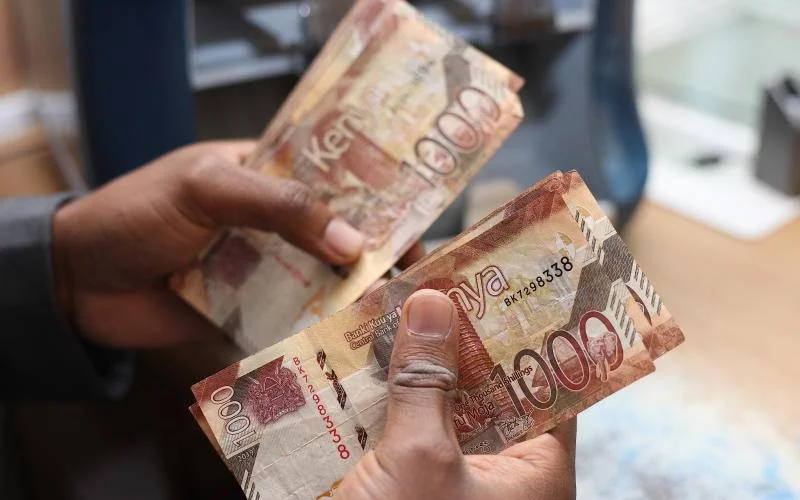
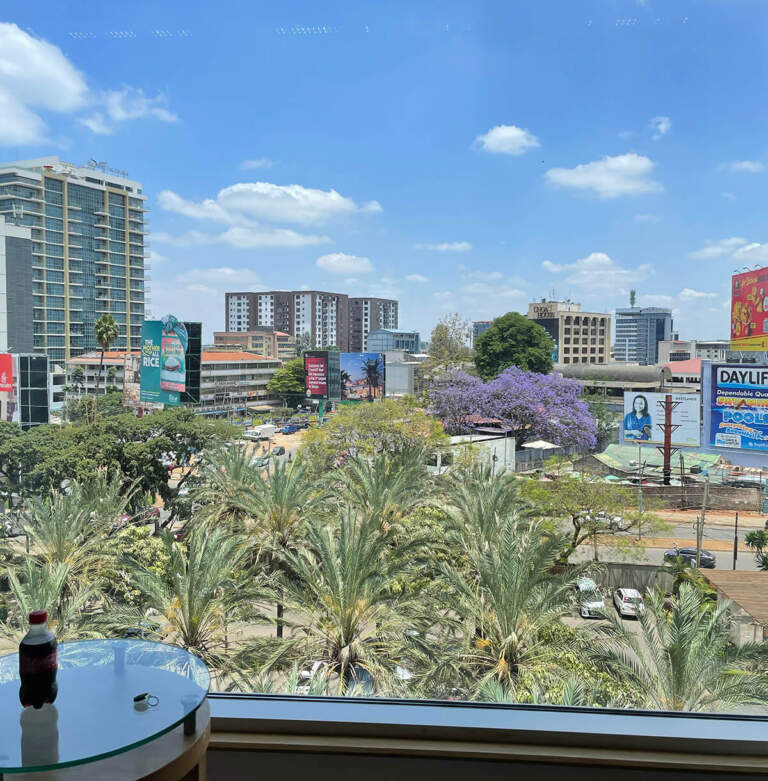
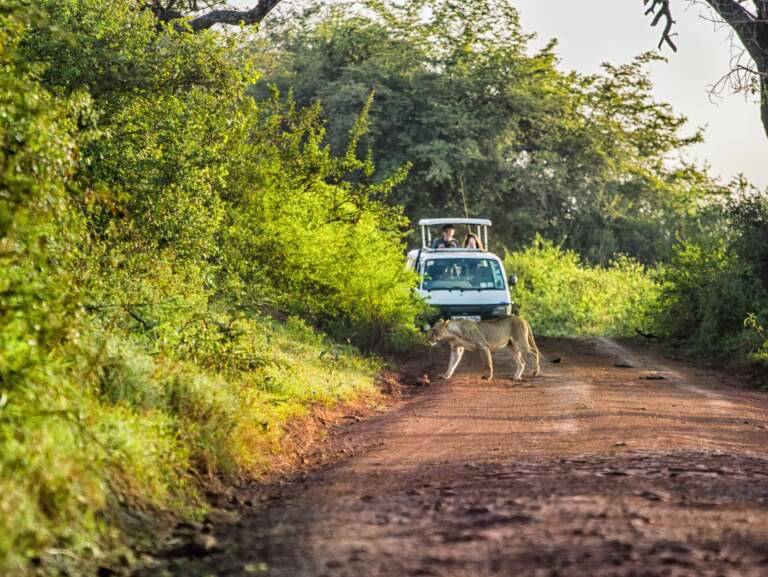


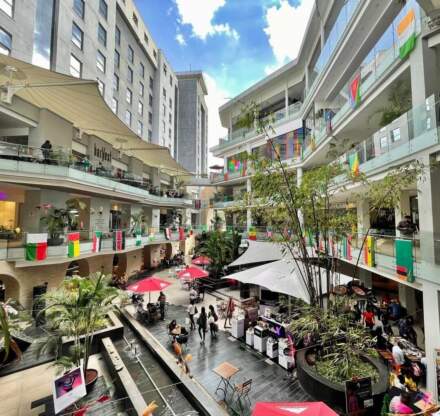
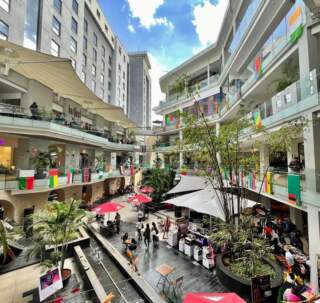
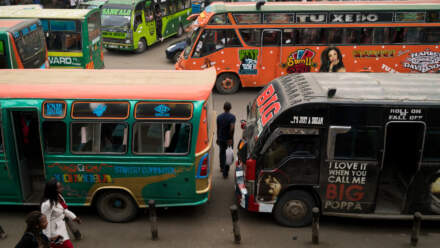

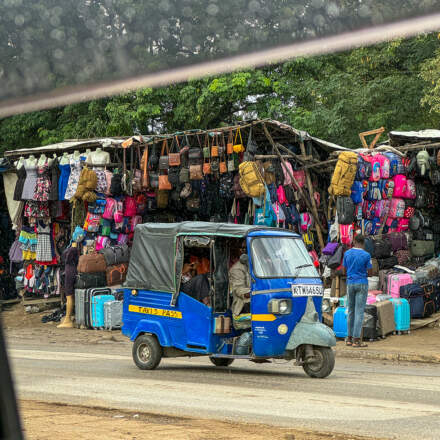
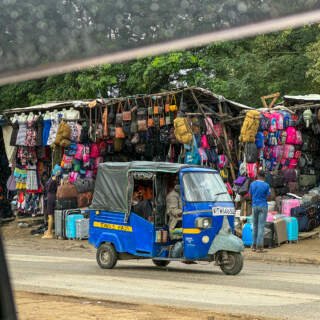

Leave a Comment